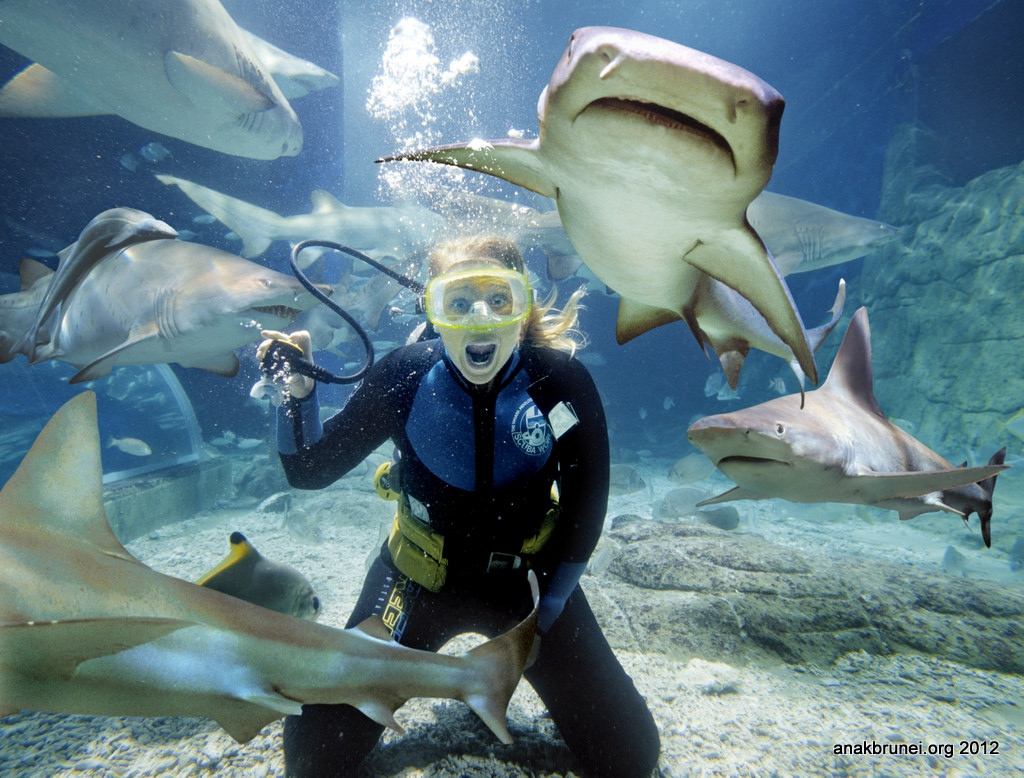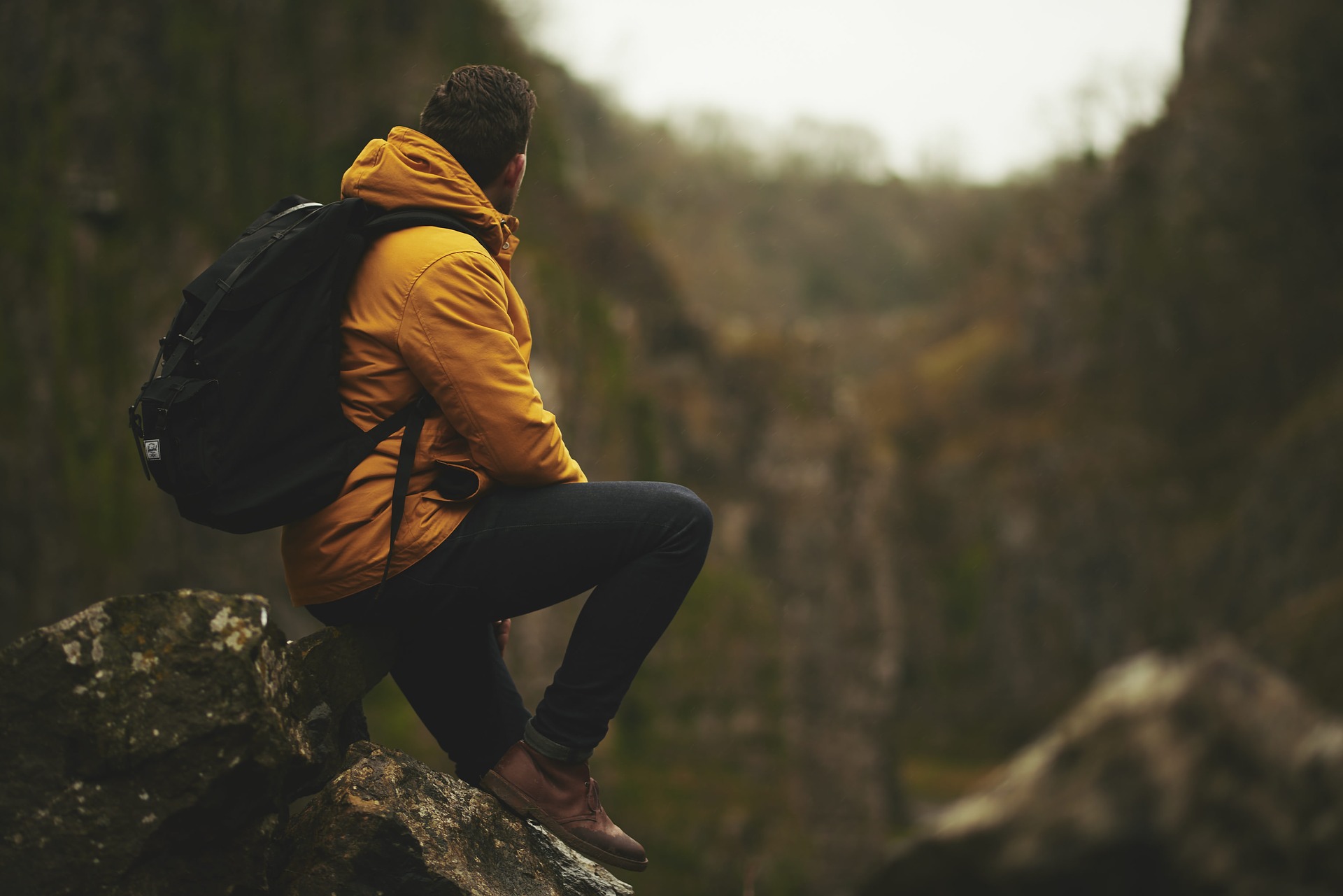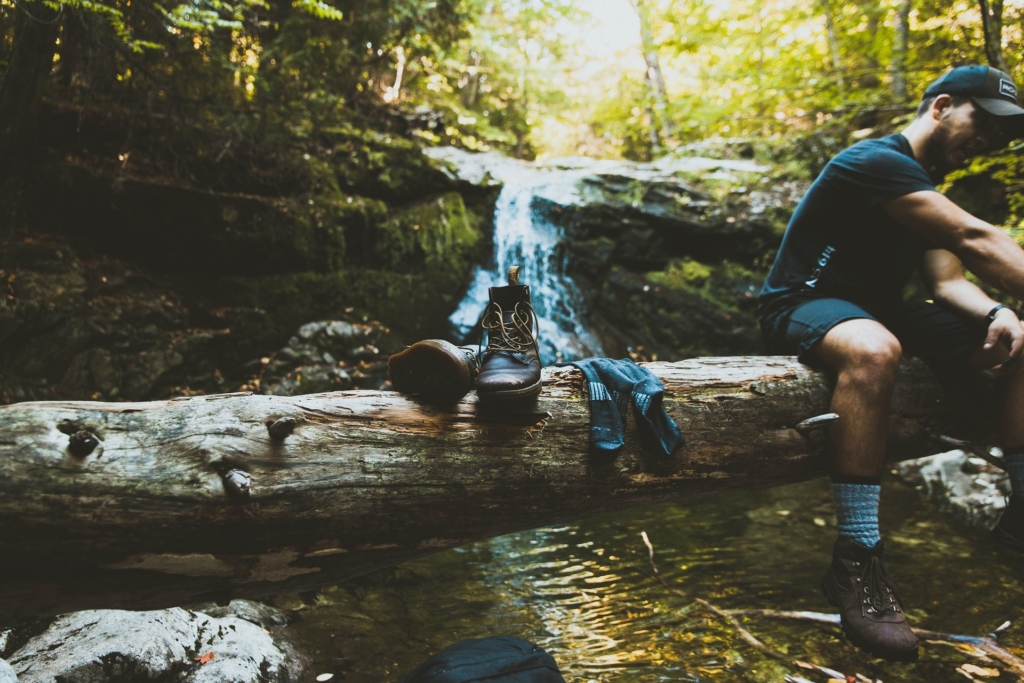The definition of adventure travel can differ depending on whom you ask. For some, adventure travel involves extreme sports, climbing up precarious pathways to reach a mountain peak, while for some it can mean road trips, camping in lush open spaces around a campfire as they gaze up at a galaxy of stars beyond yonder, and they’d all be right! While stepping out of your comfort zone may be a good thing, you don’t need to be an adrenaline junkie to enjoy the magic of adventure travel. Join us as we debunk the travel myths around the stereotypical view of ’Adventure Travel’.
Adventure travel is expensive

Cost has always been one of the main deterrents to adventure travel. While travelling for free isn’t exactly possible unless you have someone to sponsor your travels, it may not be as expensive as you think. The adventure tourism sector is growing swiftly and many low budget travel options have cropped up to accommodate the fresh flow adventurers. While indulging in adventure sports it’s much more economical to book an activity in advance, online as opposed to on the spot bookings. Many adventure sport companies also offer discounts on activities if you book them ahead of time. While there are plenty of luxury options available for those who want them, it’s always a good idea to ask yourself if it’s worth the cost and how it will affect your trip ahead. Travelling on a budget may need you to travel less comfortably but will also afford you to splurge on other experiences that you’ll remember for a lifetime.
Adventure travel is dangerous

Adventure sports have always been projected as extreme and dangerous, but not all adventure sports include death-defying Bond-like activities such as jumping out of airplanes and swimming in shark infested waters. Adventure is subjective and differs from person to person. There is a wide range of activities besides extreme adventure sports such as trekking, biking, and camping that can be considered adventurous too. With the help of qualified vendors and proper equipment checks, adventure sports are not as dangerous as they seem. Although adventure travel is generally safe, research, preparation, and a first aid kit are a must before you head out on any travel expedition
You need to be extremely fit to enjoy adventure sports

Think of any adventure sport enthusiast and the first thing that pops into your mind is an athletic and well-built person, someone like Bear Grylls. The reality is, fitness plays a minor role in enjoying the experience of adventure sports. While some activities like mountaineering may require you to be in good shape, most adventure sports can be enjoyed by everyone. Adventure is all about the mind and soul, more than physical strength to indulge in adventure sports it’s your willpower to take on the challenge that is 80% of the journey. Travelling is more about, meeting new people, experiencing their culture and exploring the unknown, none of which requires you to be a fitness freak. At the same time, it’s always important to choose the sport that most suits you. If you want to go mountaineering but you’re not physically fit for the task, build up your stamina and follow an exercise routine till you can. Everest can’t be conquered in a day.
Travelling solo is for the lonely

Contrary to what many believe, travelling solo can be a much more wholesome, fulfilling, and in some cases, spiritual experience. It’s one of the best ways to make new friends, experience the culture and interact with the locals. “Think about it, when you’re travelling with a partner, your attention is wrapped up in them. Alone, you are free to interact with as many people as you like, for as long as you like. I’ve found that often when I meet a group of people and there’s chemistry, they’ll ask me to join them on an excursion or even out to dinner”, says Holly Booth, author of “Only Pack What You Can Carry”. Travelling solo also gives you the freedom to choose your own schedule. You can travel to where you want, and do the things that you would like to do.
Adventure travels are for the young

Adventure knows no age. It’s never too late to try something new. The common notion is that with age, comes a time to take a step down and relax, rather than travel. The age card is one of the most overplayed excuses people use to get out of travelling. Travel is about exploring, discovering and learning new things, and learning is a never ending process.
Need proof? 95 year old itchy-footed backpacker Keith Wright from Australia, started travelling at the age of 85 and hasn’t stopped since. He sold all his belongings and headed out to explore the world, living in hostels on the way, and sharing his stories with others. “My belief is that if you are fit and able to travel independently, it is the best way to see as much as of the world as you want. I have seen things that most tourists haven’t seen because I walk the back streets and take trains or buses to nearby towns for the day. Most people I meet are surprised when I tell them my age, and amazed that I have come all the way from Australia.”
Ashlyn of the house Pinto, father of Labradors, creator of awkward silence, wearer of funny T-shirts and writer of content at Advensure




